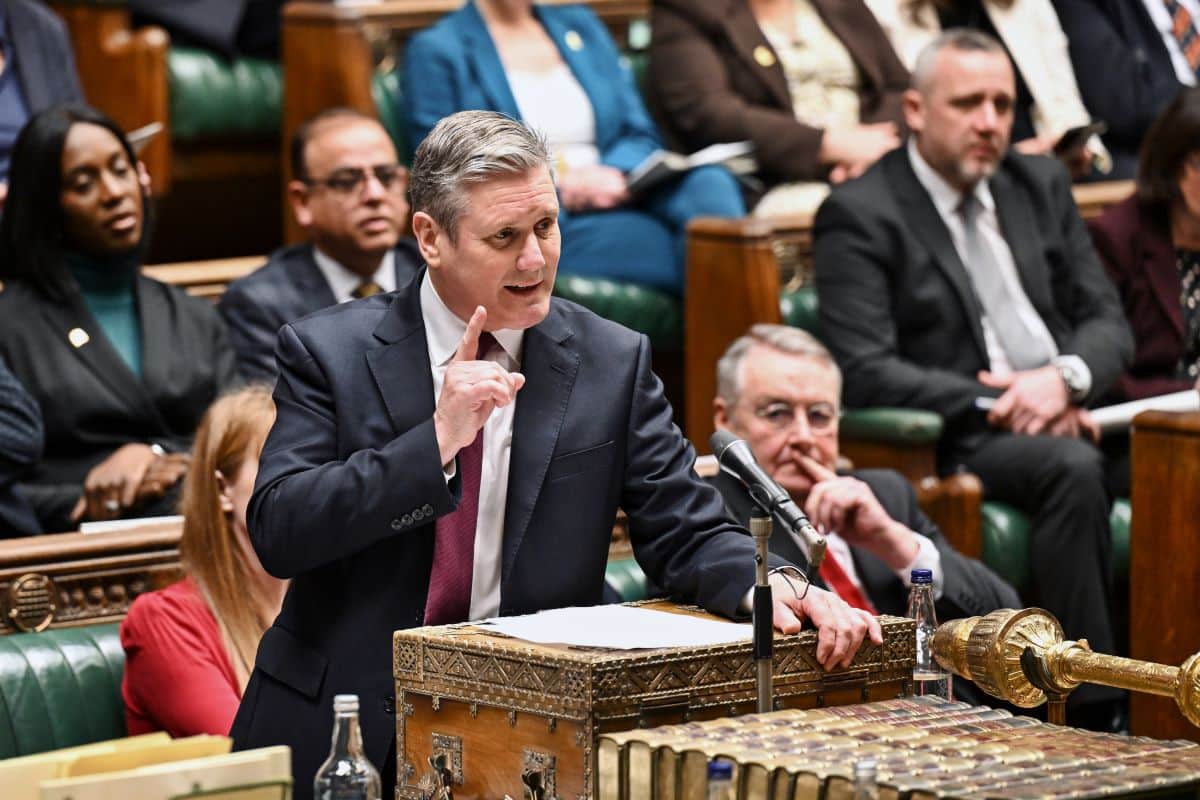Labour leader Keir Starmer redefines the party’s defence policy by affirming his readiness to use nuclear weapons and pledging increased defence spending, marking a significant shift from Jeremy Corbyn’s anti-nuclear stance. Here’s the full story.
Push the Button
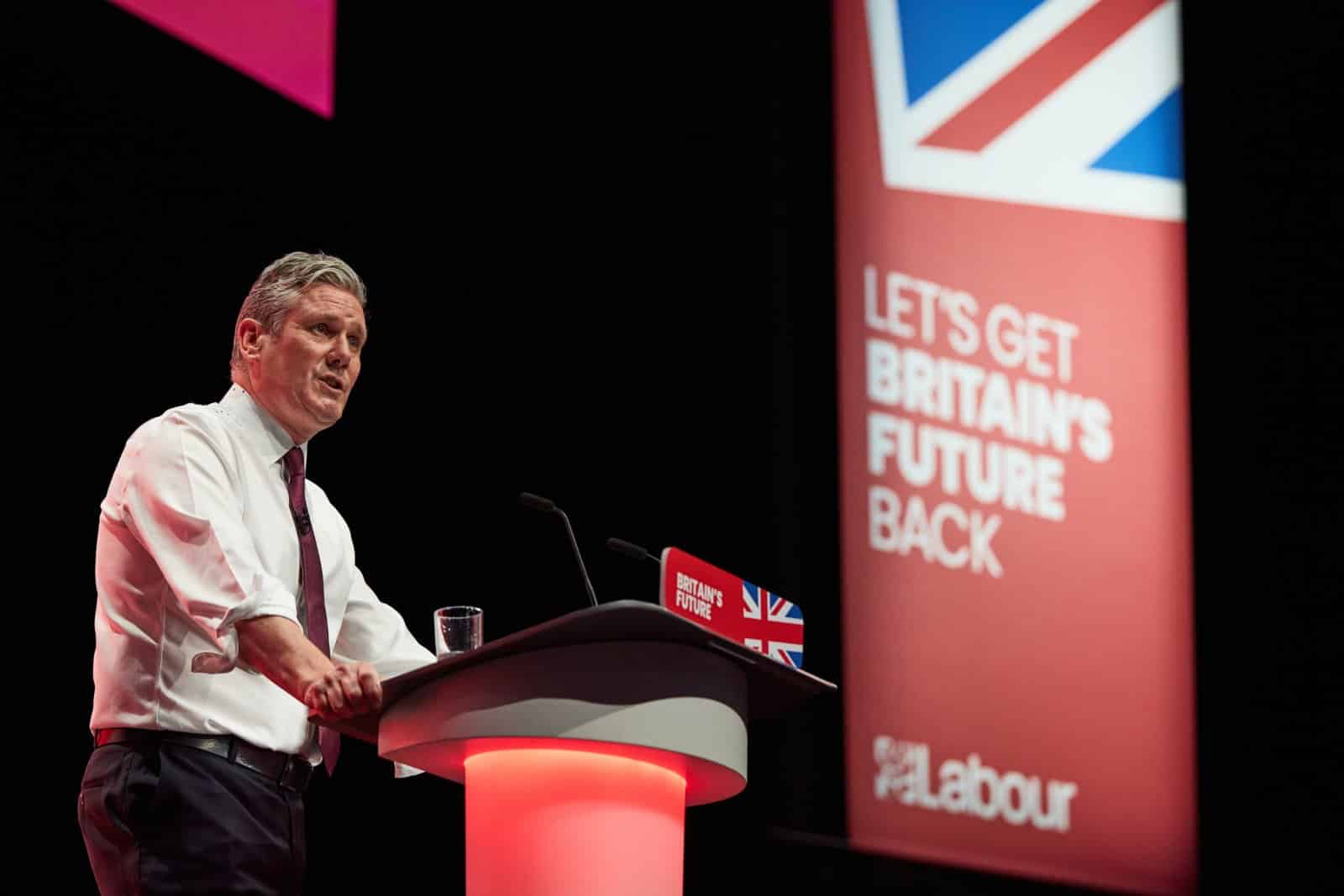
In a rather bizarre pre-election campaign promise, Labour leader Keir Starmer has declared his readiness to use nuclear weapons to defend the nation.
Lifelong Opposition
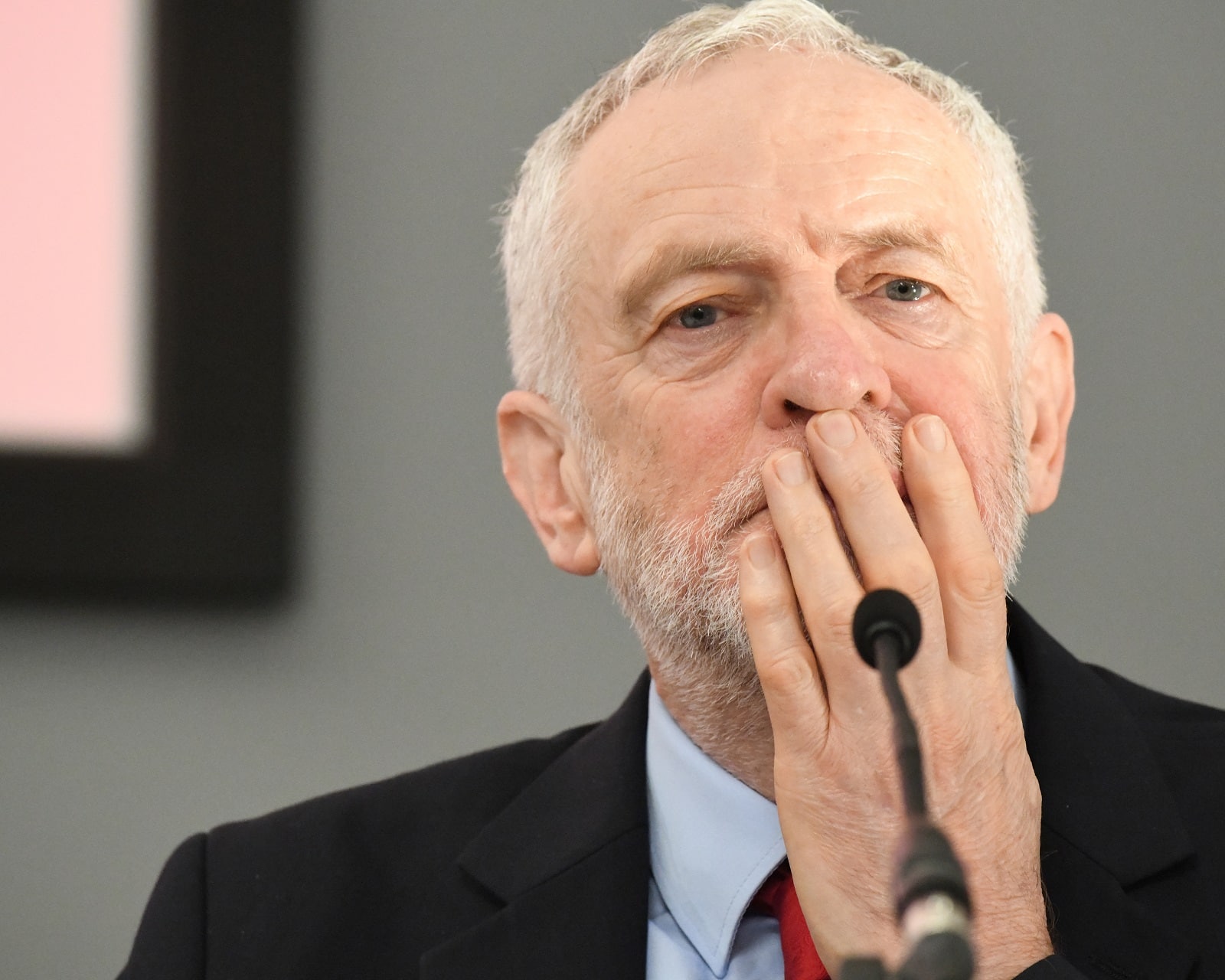
This statement marks a significant shift from the party’s recent past under Jeremy Corbyn, who was known for his lifelong opposition to nuclear weapons.
“We Have to be Prepared to Use It”
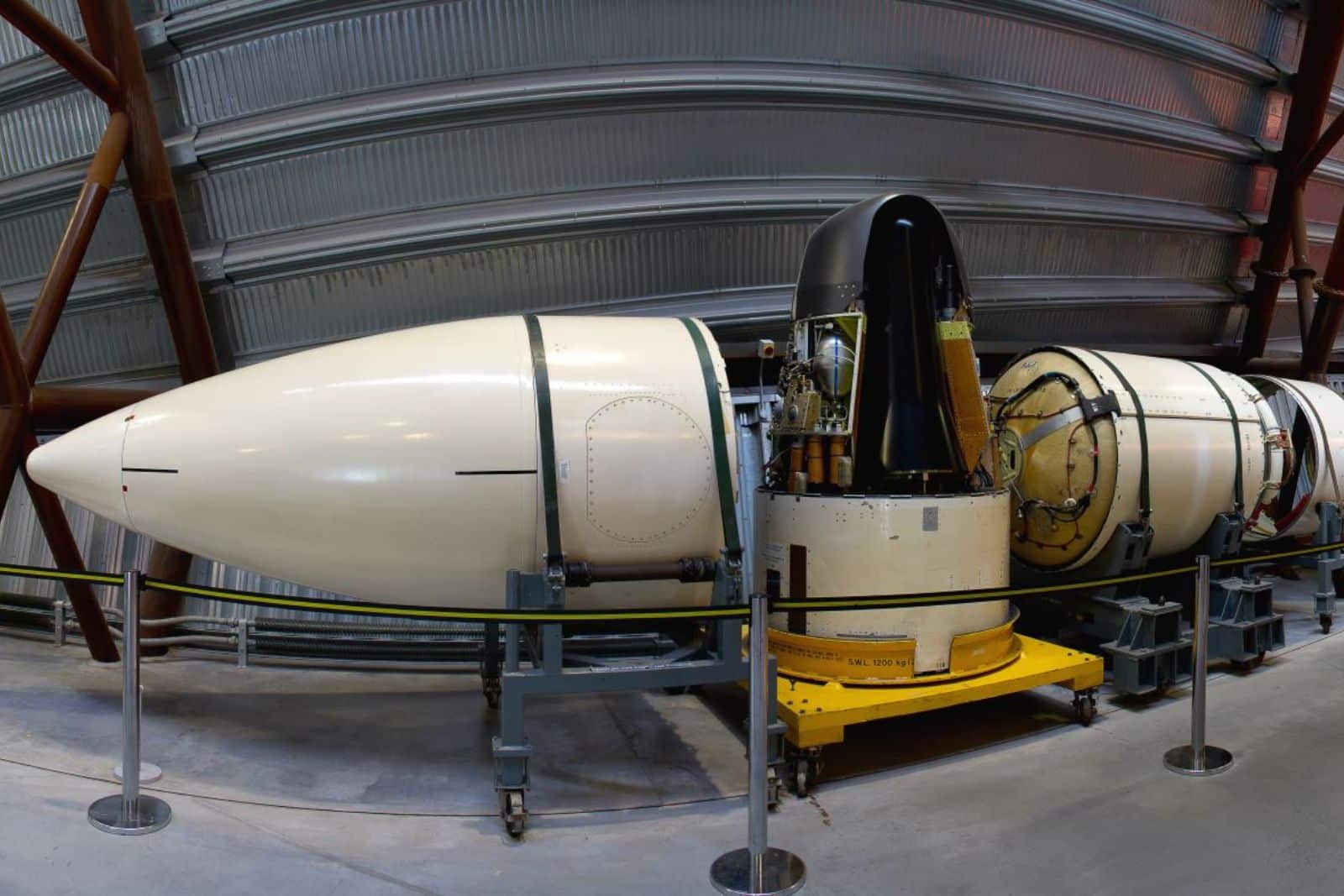
To signal his departure from Corbyn’s anti-nuclear stance, Starmer stated, “On the nuclear deterrent, it is fundamental. It is a vital part of our defence—and of course, that means we have to be prepared to use it.”
Opposition to Nuclear Weapons

A lifelong supporter of the Campaign for Nuclear Disarmament, Jeremy Corbyn’s tenure as Labour leader was characterised by his opposition to nuclear weapons.
Against Renewing Trident
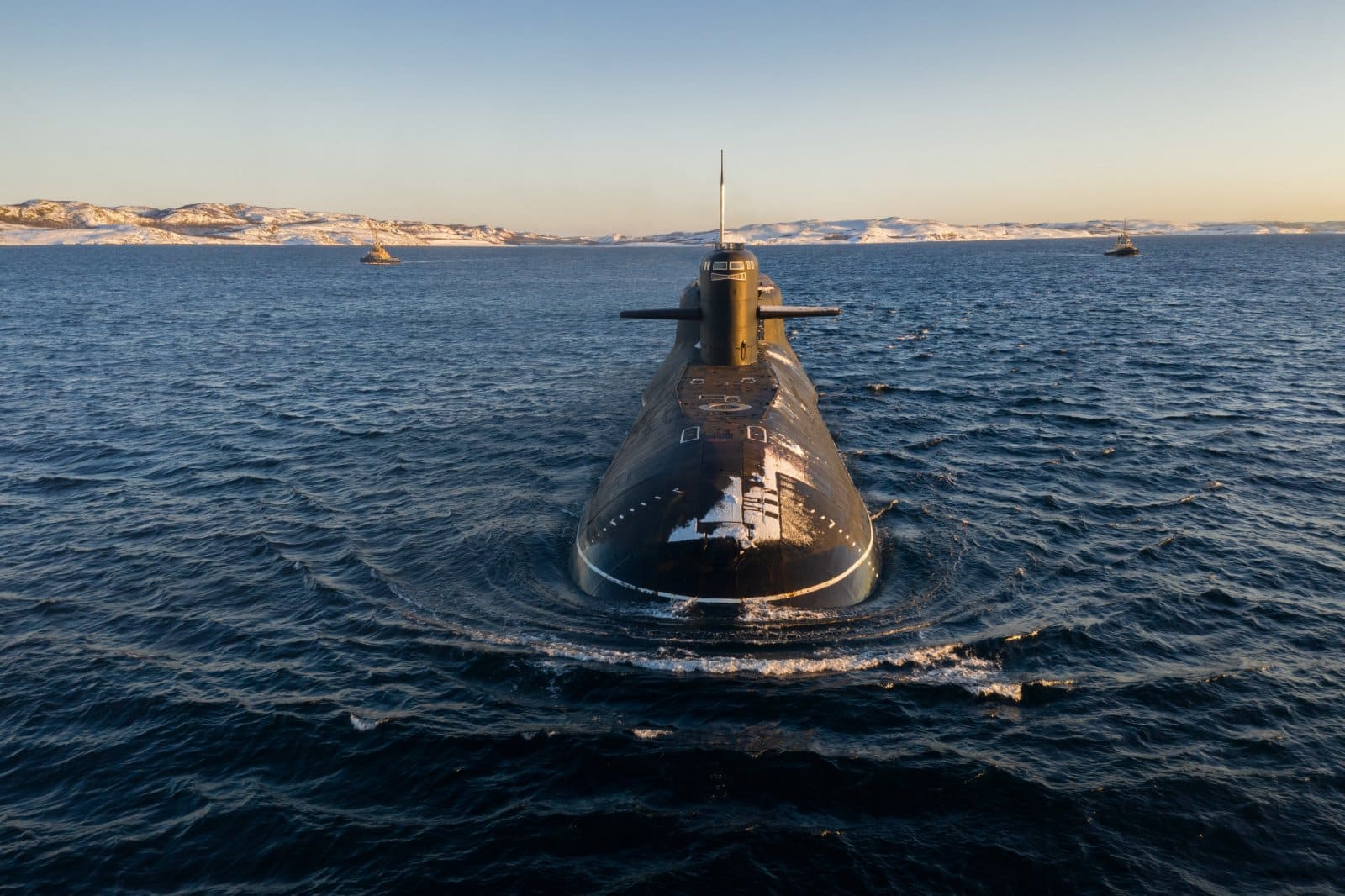
He maintained his stance against renewing Trident but did not alter the party’s official position on the nuclear deterrent.
“A Nuclear Free World”
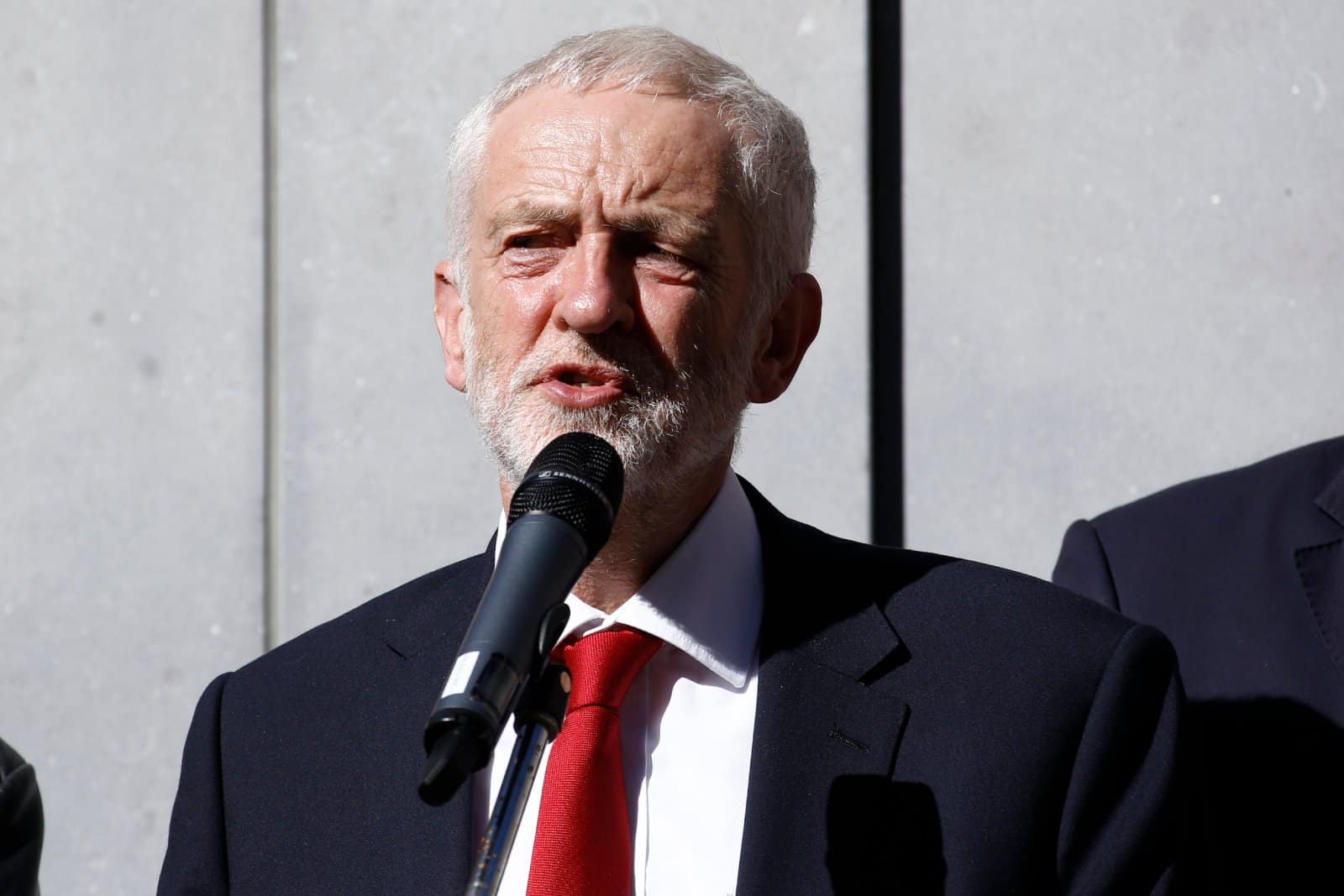
In an interview he gave shortly after unexpectedly becoming Labour leader in 2015, Corbyn stated, “I am opposed to the use of nuclear weapons. I am opposed to the holding of nuclear weapons. I want to see a nuclear-free world. I believe it is possible.”
“No”

Corbyn was then asked outright if he would use nuclear weapons, to which he replied, “No.”
Somehow Controversial

This statement was somehow seen as controversial by massive sections of the UK’s right-wing press, who were presumably in favour of the destruction of all life on earth should a nuclear conflict arise.
Insufficiently Jingoistic

No doubt in fear of what those same right-wing newspapers may say about him should he appear to be insufficiently jingoistic, Starmer has asserted that the current Labour Party is united in its support for the nuclear deterrent.
“Whole Shadow Cabinet Behind Me”
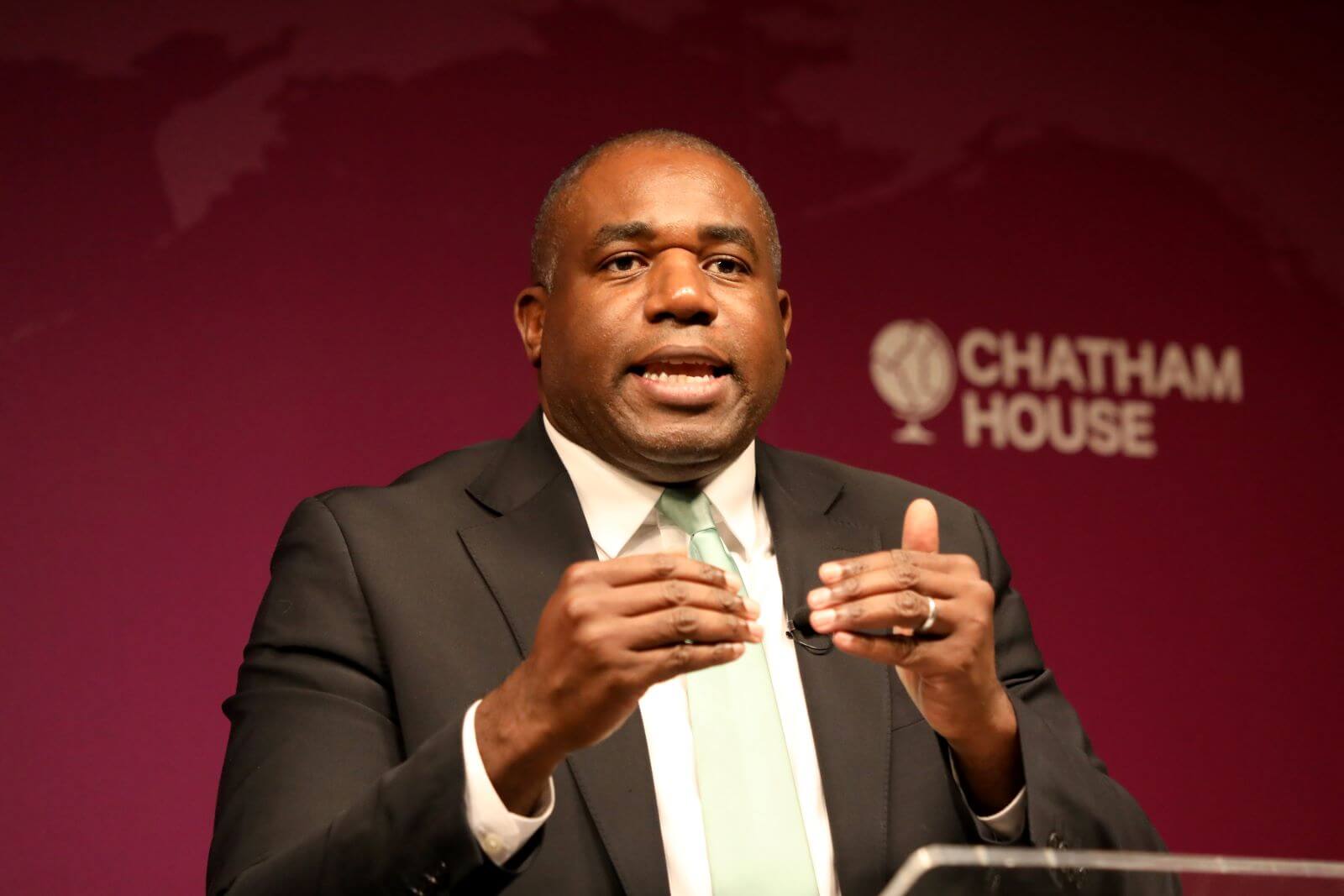
Despite some prominent figures, including Shadow Foreign Secretary David Lammy and Deputy Leader Angela Rayner, having voted against Trident renewal in 2016, Starmer claimed he has his “whole shadow cabinet behind me.”
2.5% GDP
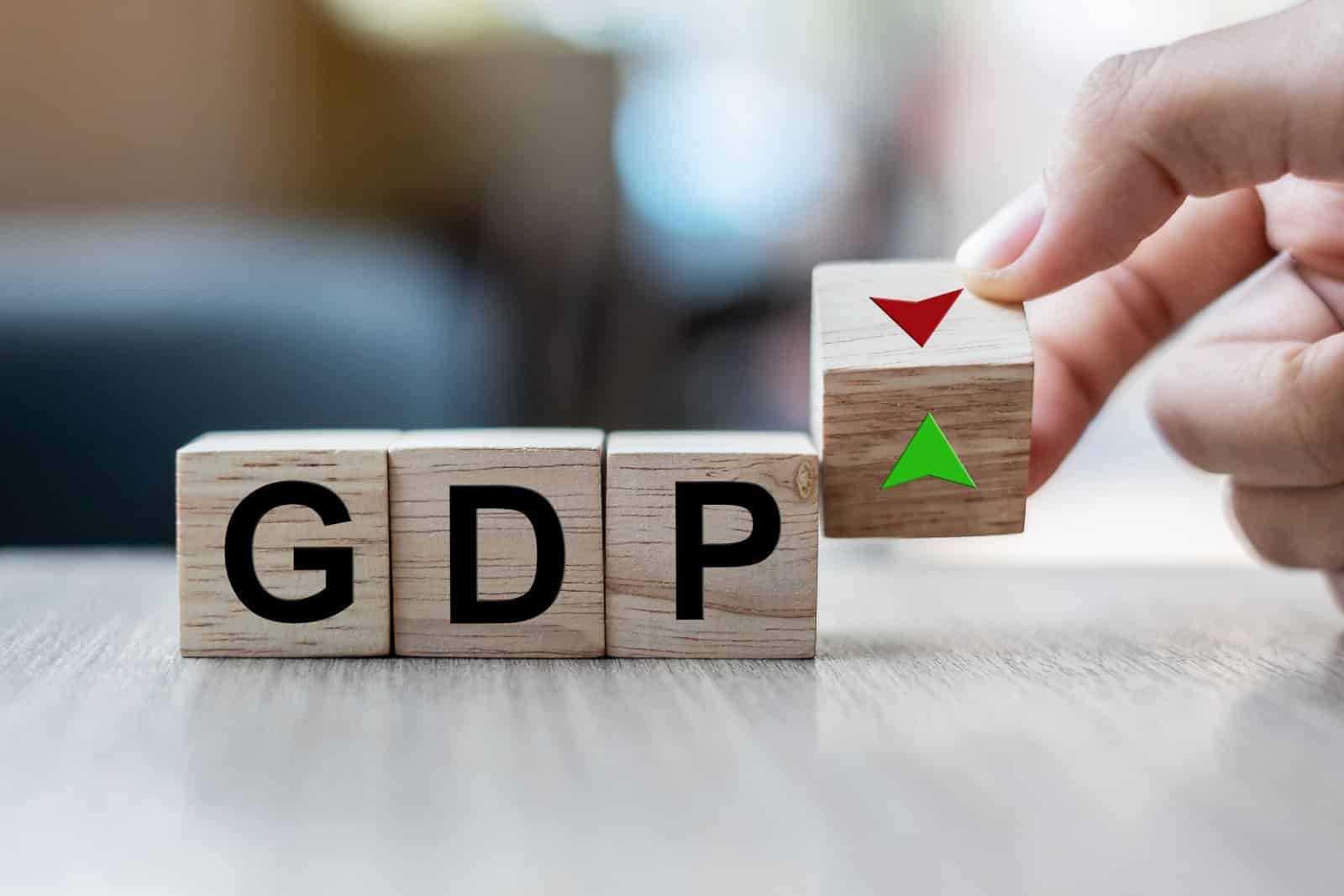
Underlining Labour’s commitment to national security, Starmer pledged to increase defence spending to 2.5% of GDP.
Target 2030
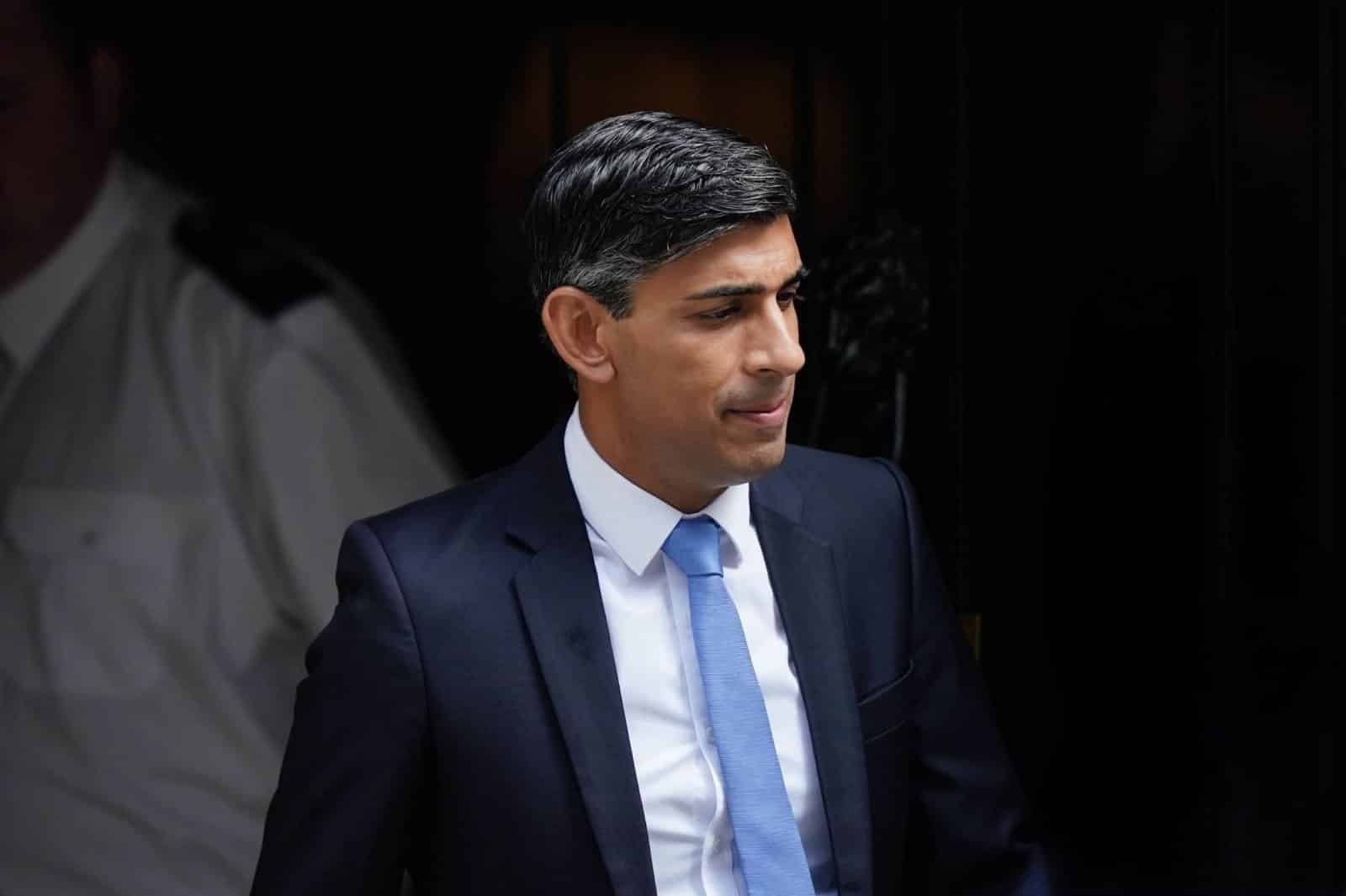
Although this promise does not have a specific deadline, it aligns with Prime Minister Rishi Sunak’s goal of achieving this target by 2030.
Four Nuclear Submarines
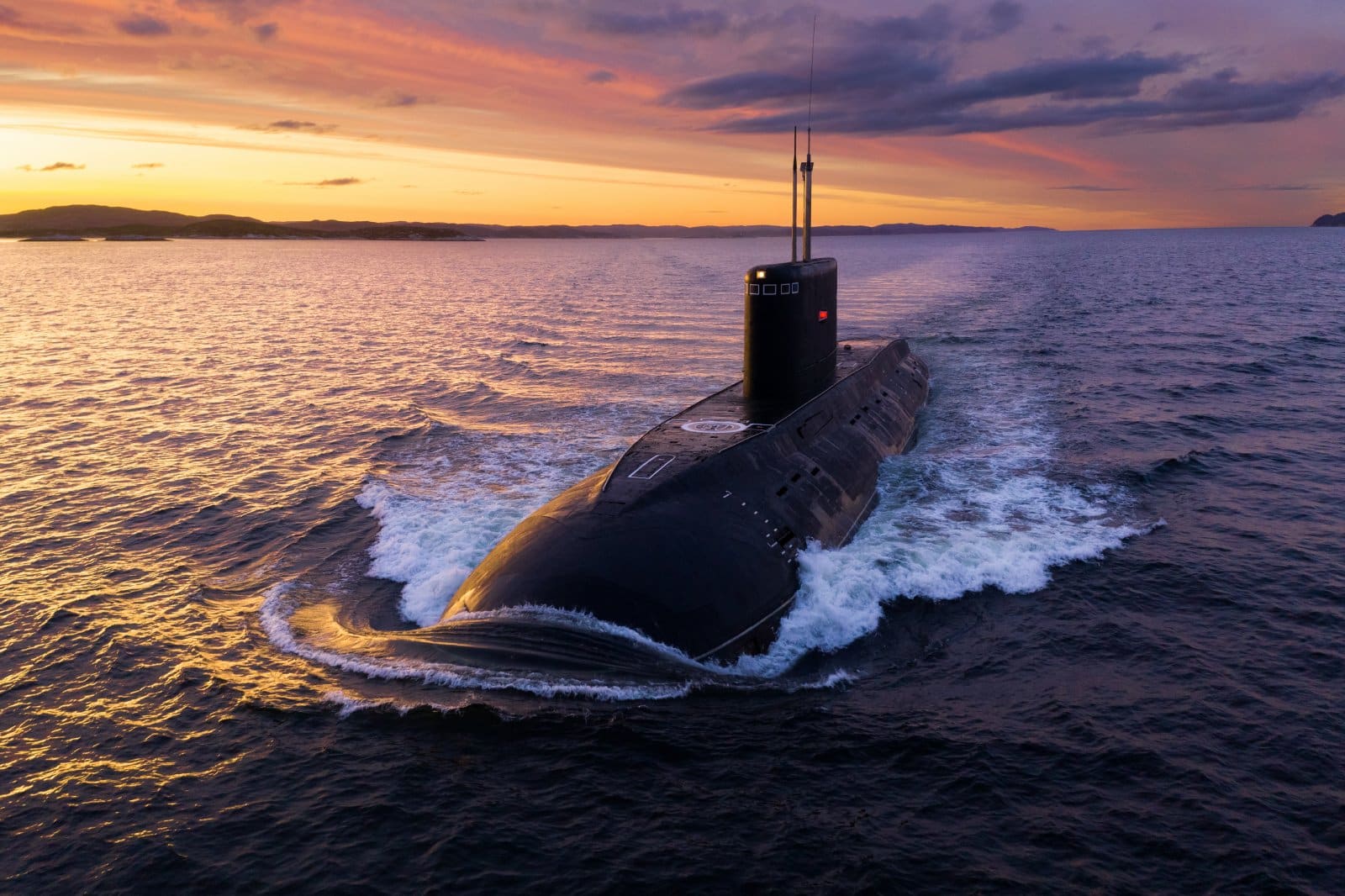
Starmer’s proposal includes continuing the construction of four new nuclear submarines and maintaining Britain’s at-sea deterrent.
“Bedrock of Stability”
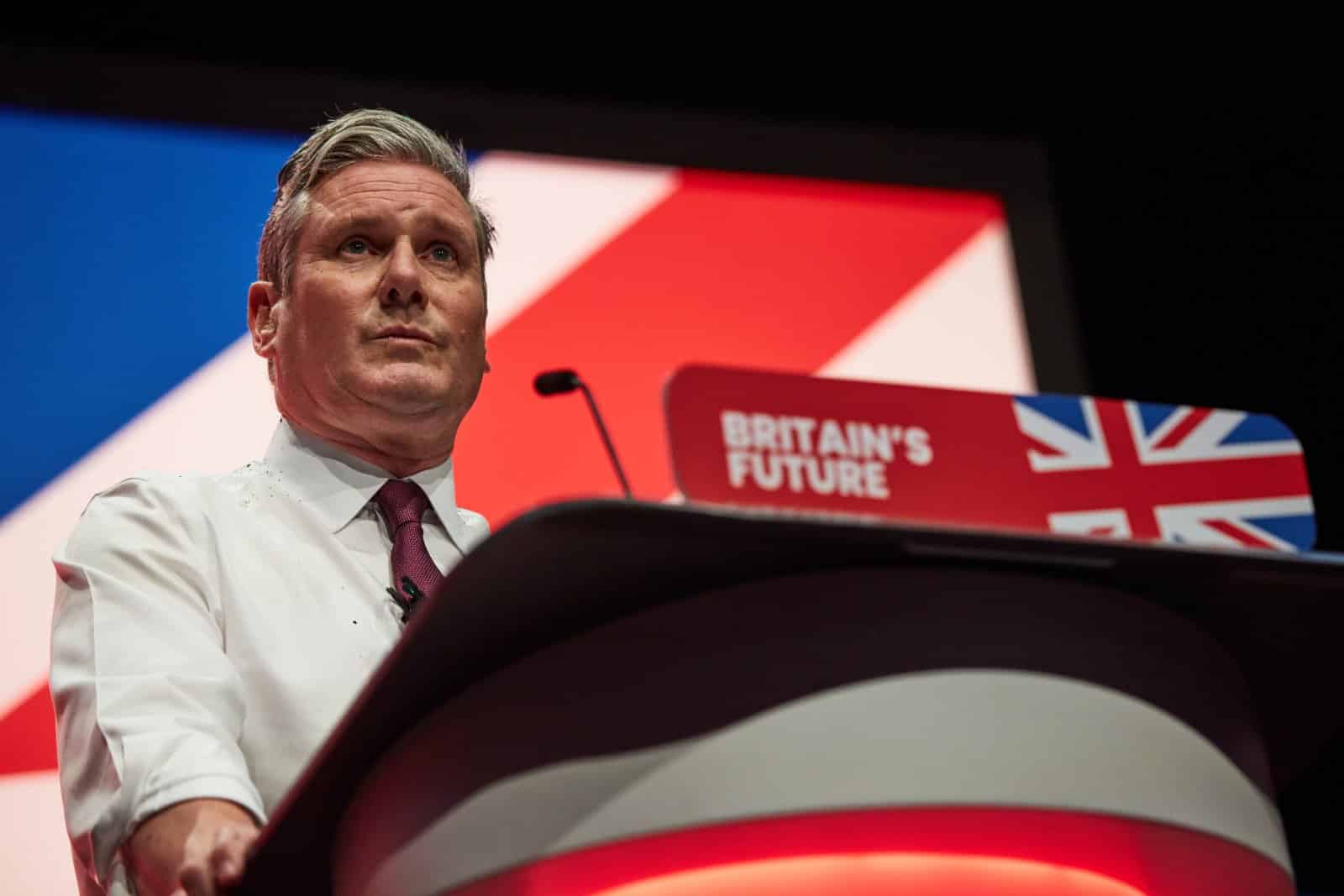
Starmer stated, “Keeping our country safe is the bedrock of stability that the British people rightly expect from their government.”
Based in Scotland
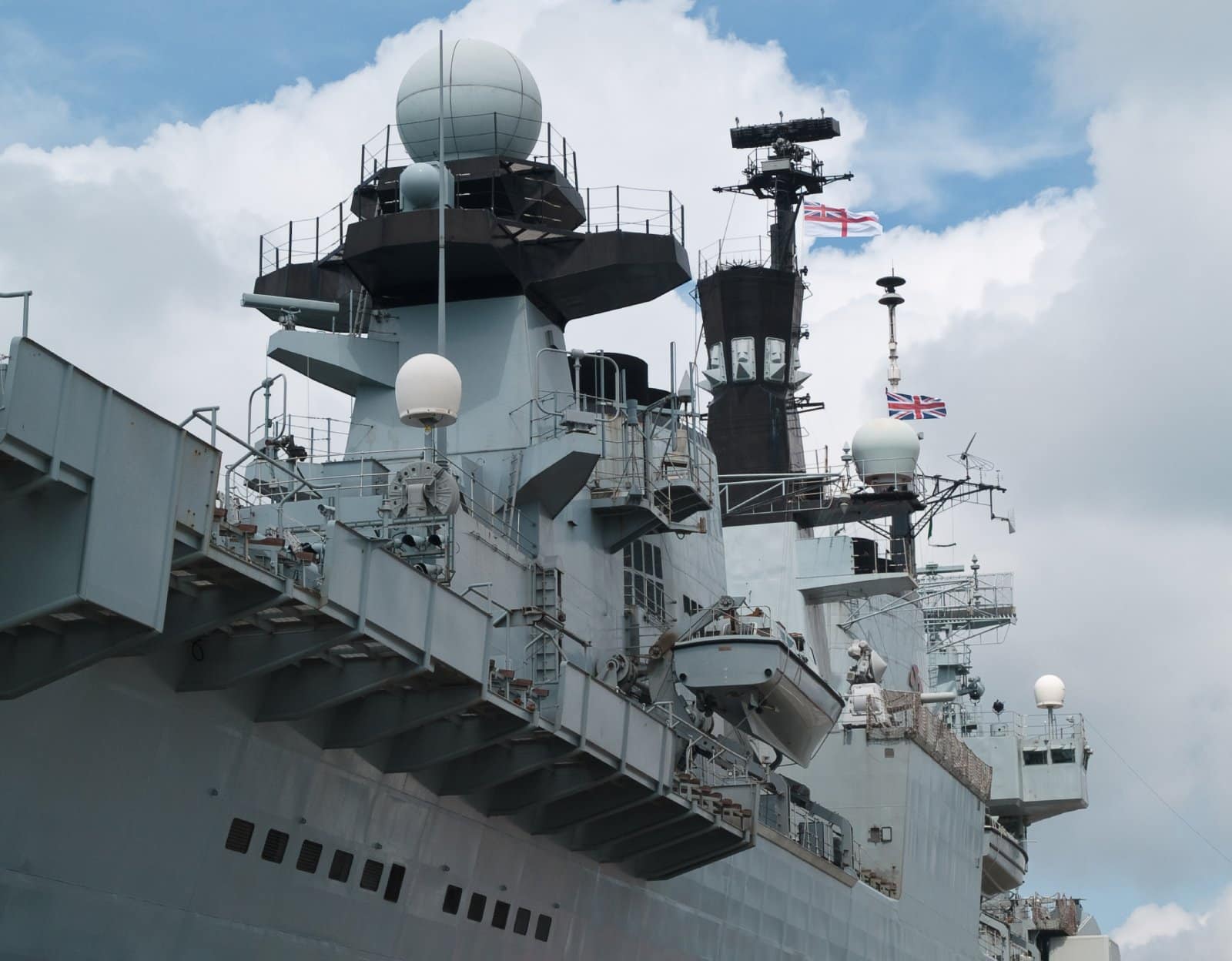
The Trident nuclear system, based near the Firth of Clyde, includes four Vanguard-class submarines capable of carrying 16 Trident missiles each.
£31 Billion

The UK’s ongoing investment in this system, including constructing four new submarines for £31 billion, has been a point of contention in Scotland, where many are unhappy about the UK’s nuclear deterrent being stationed there.
“Objectively Wrong”

SNP Spokesman Martin Docherty-Hughes expressed dismay at Starmer’s announcement, stating, “In the middle of a cost-of-living crisis, it is objectively wrong that Keir Starmer would funnel billions of pounds of public money into keeping weapons of mass destruction on our doorstep in Scotland, while families are still living in poverty after 14 years of Tory austerity, and our budget from the UK government keeps getting slashed.”
“No Place in Scotland”
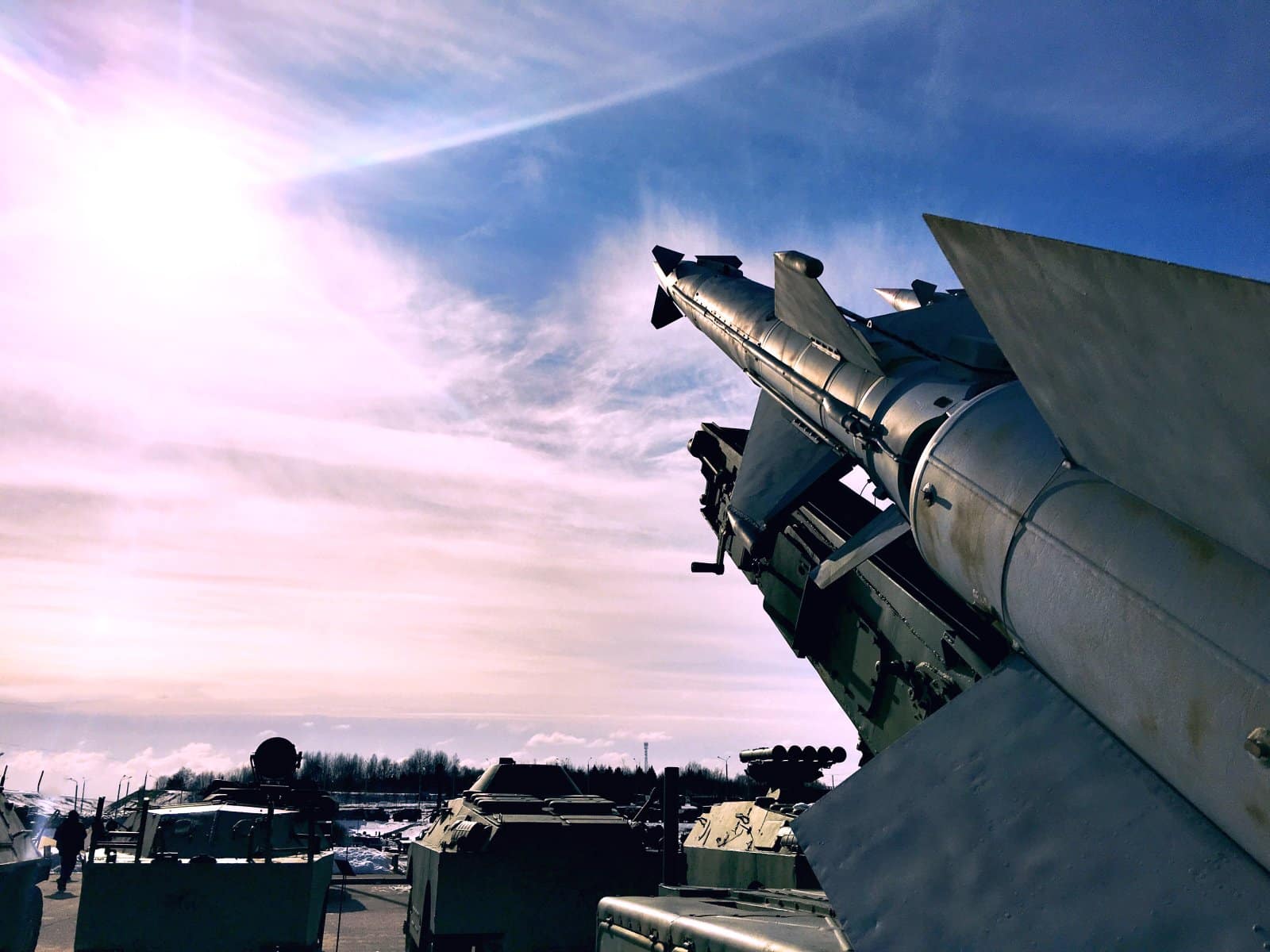
He continued, “Nuclear weapons have no place in Scotland, and only a vote for the SNP in July will protect Scotland’s interest against the Labour and Tories – neither of whom will do what the people in Scotland want and scrap Trident nuclear weapons for good.”
Differing Criticism

Similarly, the Conservatives, who also support Trident renewal and the nuclear deterrent, criticised Starmer from a different angle.
“Danger to Our National Security”

Defence Secretary Grant Shapps decried Labour as a “danger to our national security,” and added, “Uncertain times call for a clear plan and bold action to chart a course to a secure future, only the Conservatives offer that.”
Veterans Minister

In an attempt to ward off criticism, Starmer announced plans to maintain a dedicated Veterans Minister in his cabinet if Labour wins the election.
14 Candidates

Starmer also unveiled a record of 14 ex-military candidates standing for Labour, which many in the party hope will demonstrate the party’s significant shift towards national security.
Pivotal Shift
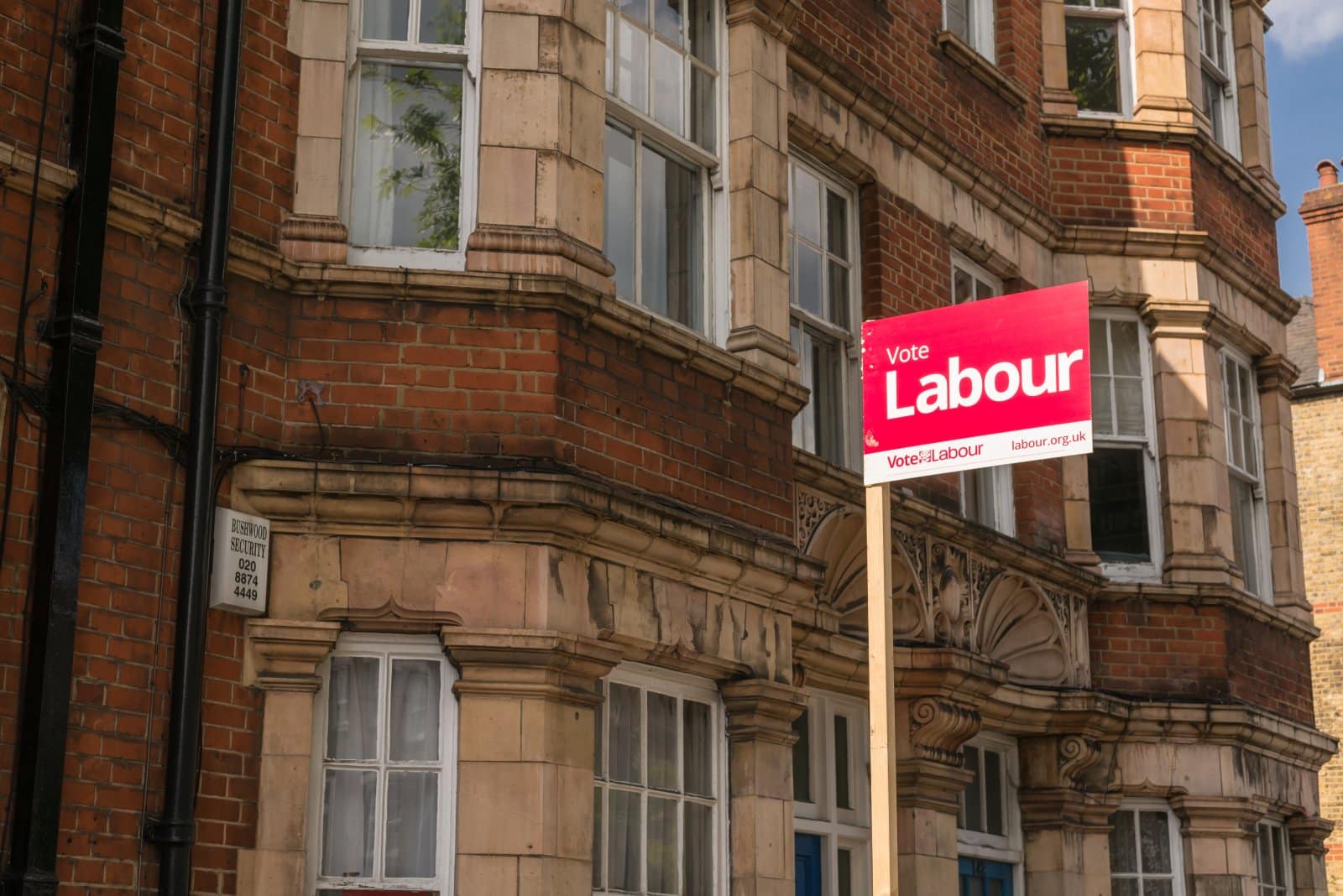
Sir Keir Starmer’s unequivocal support for the nuclear deterrent and increased defence spending marks a pivotal shift for the Labour Party.
Credible and Strong
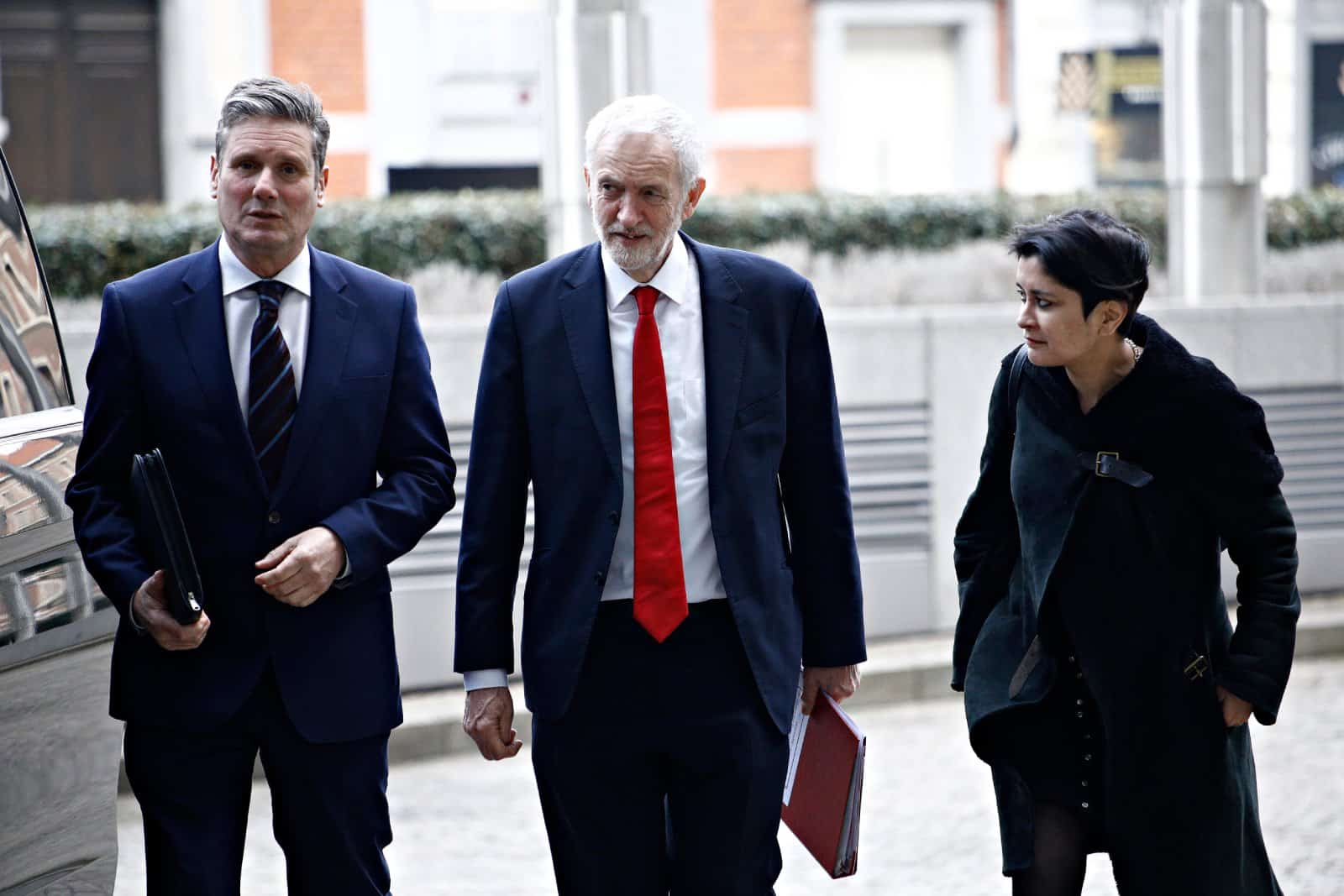
By distancing himself from Jeremy Corbyn’s anti-nuclear stance and uniting his shadow cabinet, Starmer aims to present Labour as a credible and strong contender on national security.
Increased Chances
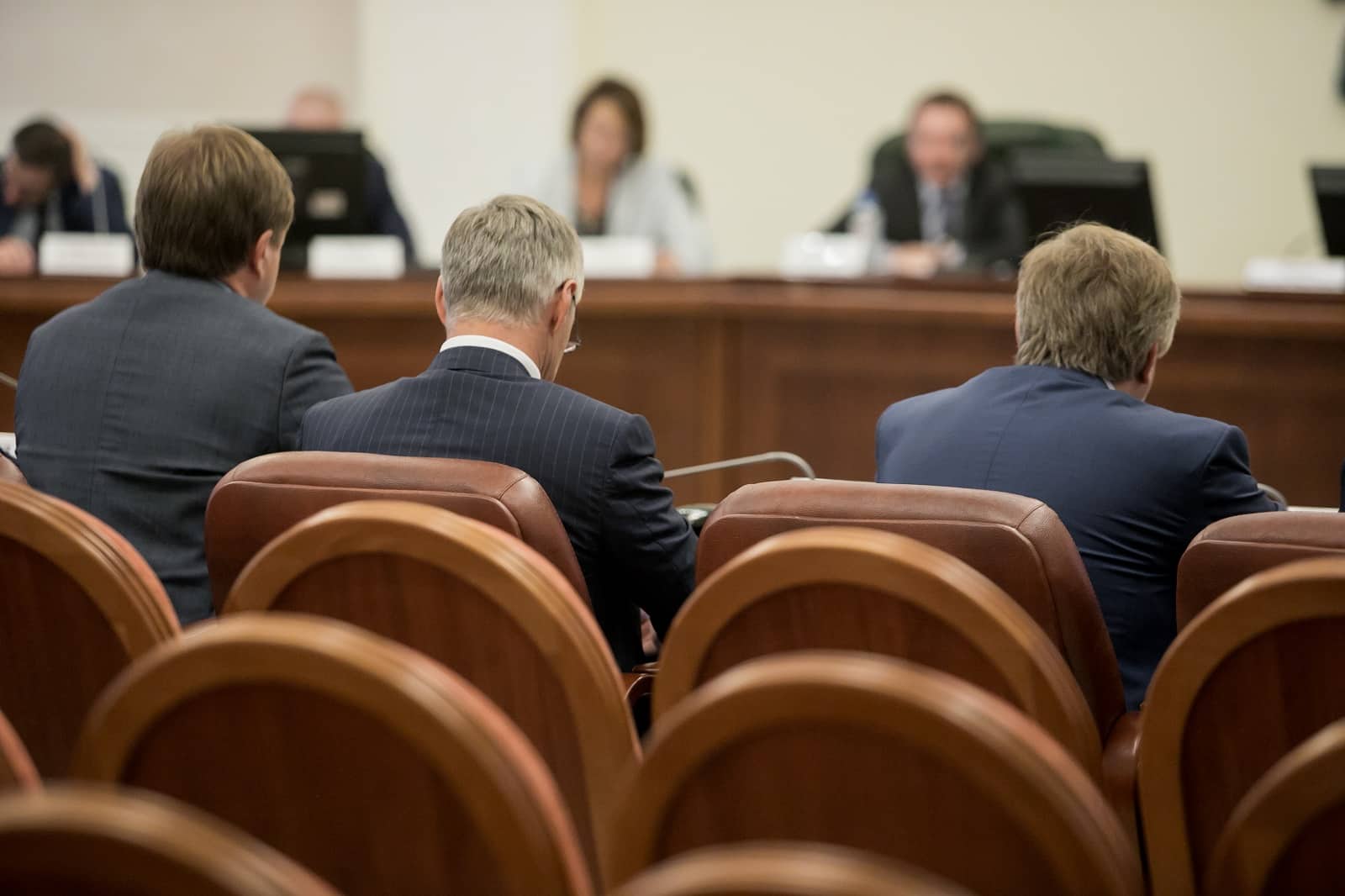
Though this new direction will not be well received by many on the left of the party, many on Starmers’ wing of the party will be hopeful that such gung-ho talk will endear him to the UK’s right-wing newspapers and increase his chances of being elected.
Uncertain Outcome
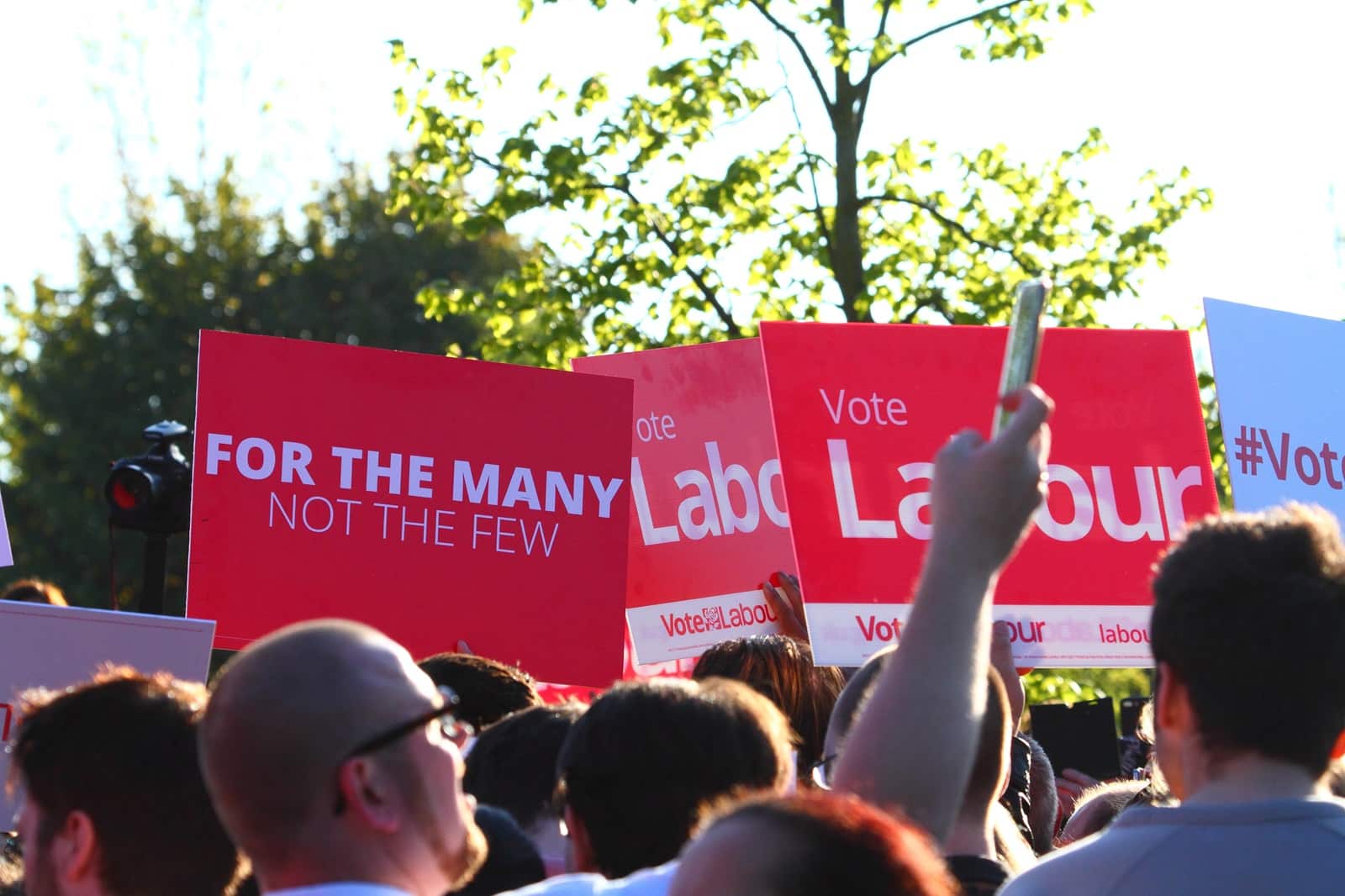
However, it remains to be seen whether this strategy will attract more Conservative defectors to vote for Labour than left-wing voters it may dissuade from voting for the party.
The post Starmer Ends Corbyn Era, Prioritizes Britain’s Safety first appeared on Swift Feed.
Featured Image Credit: Shutterstock / Tennessee Witney.

